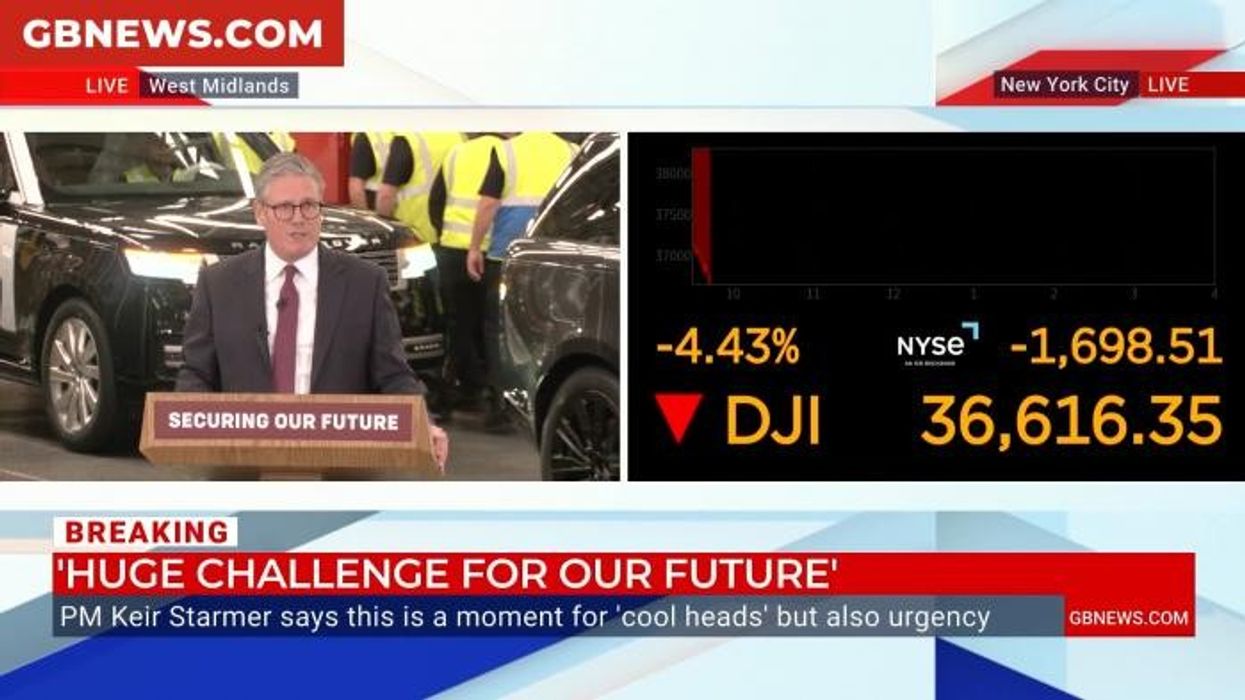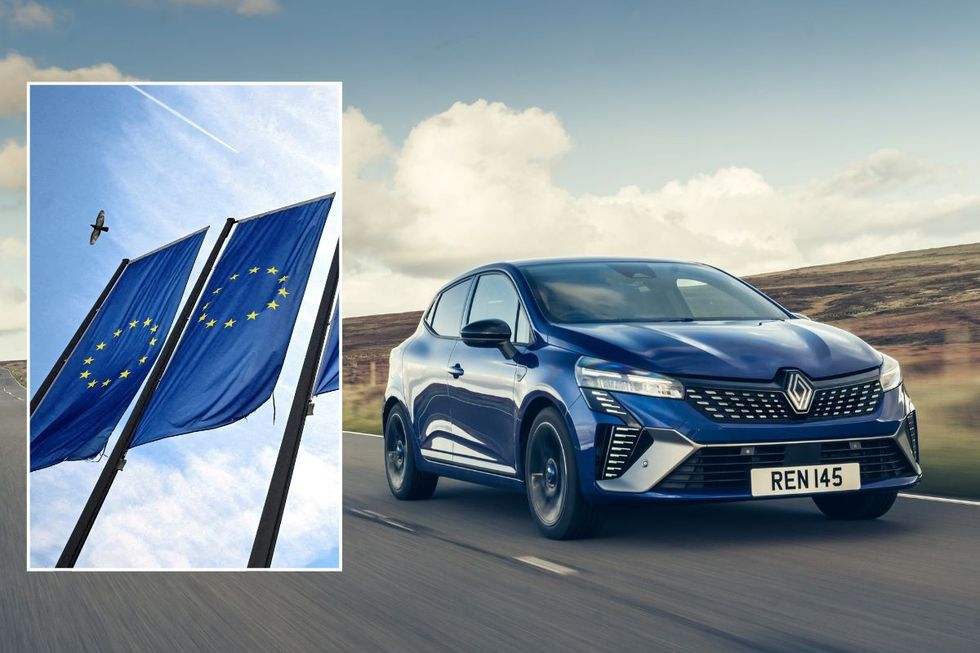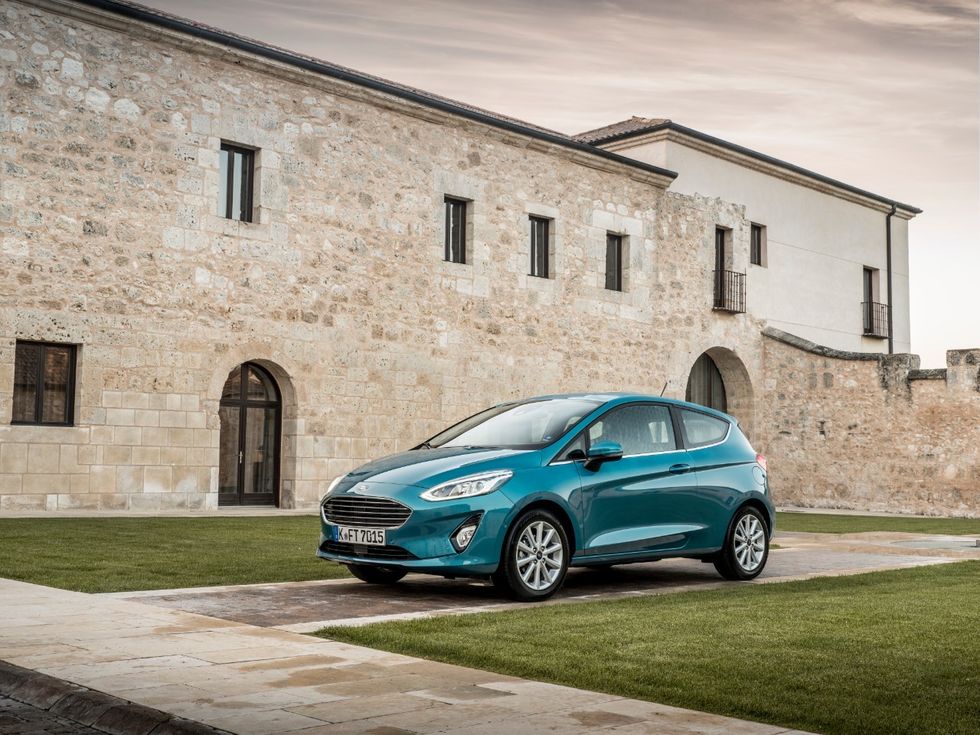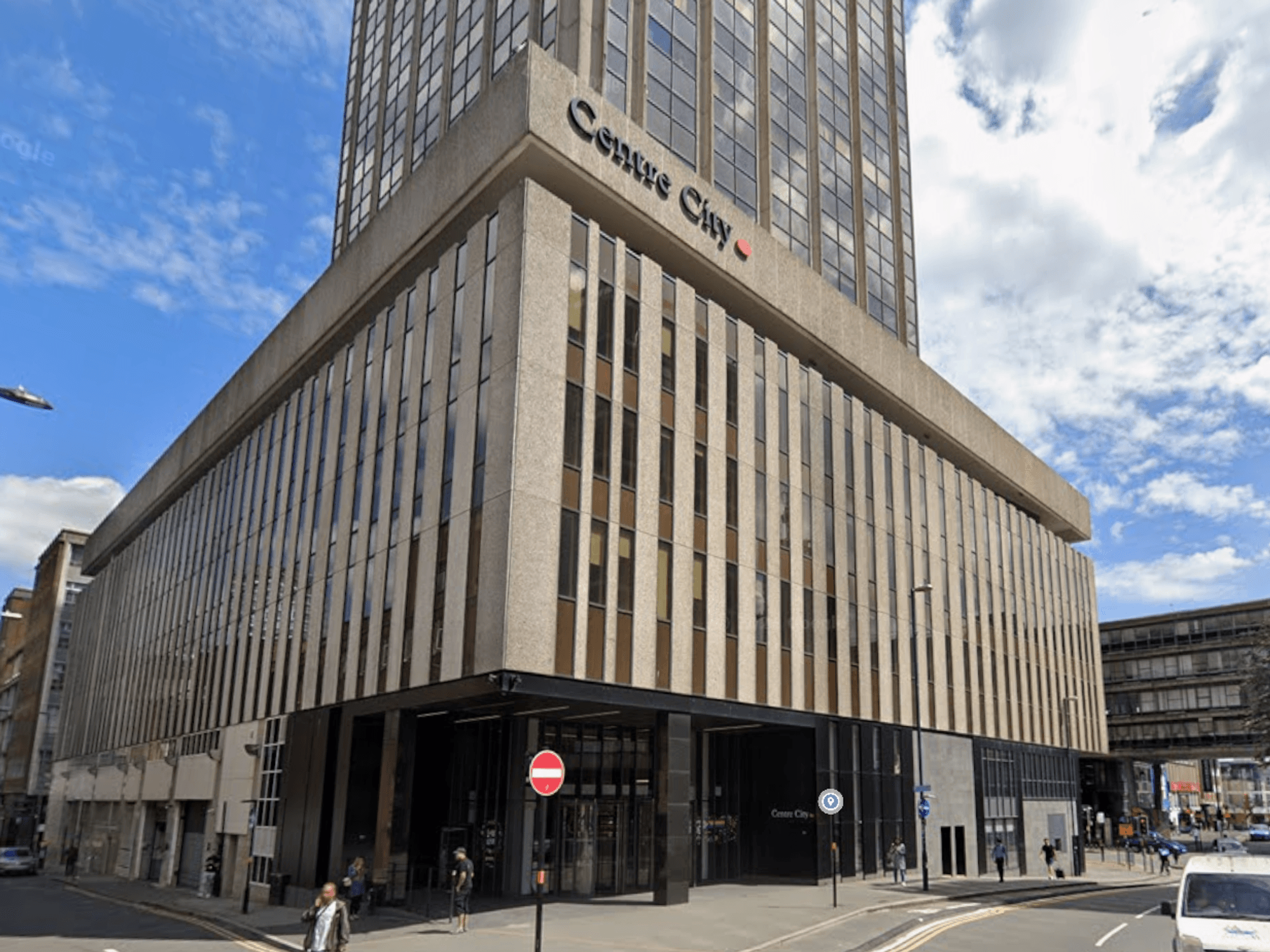EU rules blamed for hiking prices of new cars as major brands 'don't make money' on models

WATCH: Sir Keir Starmer announces the Government's plans to relax the 2030 electric car mandate
|GB NEWS

'Small cars still have a purpose and they could actually reboost the automotive market in Europe'
Don't Miss
Most Read
Latest
Rules passed by the European Union have been blamed for massively increasing the price of new cars, especially smaller models.
Car industry leaders have warned that these regulations have made it "unprofitable" to produce city cars and superminis in Europe.
The regulatory burden has been blamed for the demise of popular models like the Ford Fiesta, which ceased production in Germany in summer 2023.
As a result, many motorists are unable to afford the latest small cars and are instead keeping their older, more polluting vehicles for longer.
Do you have a story you'd like to share? Get in touch by emailing motoring@gbnews.uk

The boss of Renault admitted that the brand had been forced to hike the price of a new Clio
|REUTERS/RENAULT
Stellantis chairman John Elkann and Renault CEO Luca de Meo joined forces this week to call on the European Union to ease its regulatory requirements for smaller vehicles.
Speaking at the FT Future of the Car Summit in London, Elkann appeared via video link, saying: "If we have less regulations, we can make sure that we build cars that are less expensive and so they'll be more affordable."
The pair warned that failure to relax these rules would create additional obstacles for Europe to achieve its environmental targets, with current regulations are preventing manufacturers from producing affordable small cars for the mass market.
De Meo revealed that EU regulations have inflated the price of the Renault Clio by approximately 40 per cent over the past 15 years.
In Britain, the French supermini now starts from £18,995 with a petrol engine, while a hybrid powertrain version costs £21,895.
Elkann added that these inflationary pressures have similarly increased prices across Stellantis brands, affecting small Citroen, Fiat, Peugeot and Vauxhall models.
During their co-presentation, Elkann suggested that relaxing rules for small cars would provide an "incredible opportunity" to reduce passenger vehicle emissions.
Renault's de Meo stated that between 2015 and 2030, regulations will raise the cost of a medium-sized Renault-built car by 20 per cent, admitting that Renault "doesn't make money" on some small cars already.
"Small cars still have a purpose and they could actually reboost the automotive market in Europe," he argued.
The executives suggested that without regulatory changes, more affordable small car models could disappear from European roads.
Rather than trying to force consumers into expensive electric vehicles, Elkann and de Meo believe regulators should focus on making it easier for motorists to replace older polluting cars with cleaner alternatives.
They argue that encouraging drivers to switch to affordable, small models with economical petrol or hybrid engines would be more effective at reducing emissions.
LATEST DEVELOPMENTS:
- Labour looks to give electric cars more on-street parking with petrol and diesel drivers fined for using bays
- Major Highway Code changes to come into effect for first time in over 10 years - 'Long overdue'
- Motorists risk being banned from UK roads and forced to follow restrictions for breaking major driving law

The Ford Fiesta ended production in 2023
| FORD"That is not only good for the overall environment, it's good for people who want to buy cars but [find them] too expensive, fundamentally driven by regulation," Elkann said.
The Stellantis boss suggested that helping drivers of the 250 million cars currently circulating in the European Union upgrade to cleaner models would yield better environmental results than pushing costly EVs.










